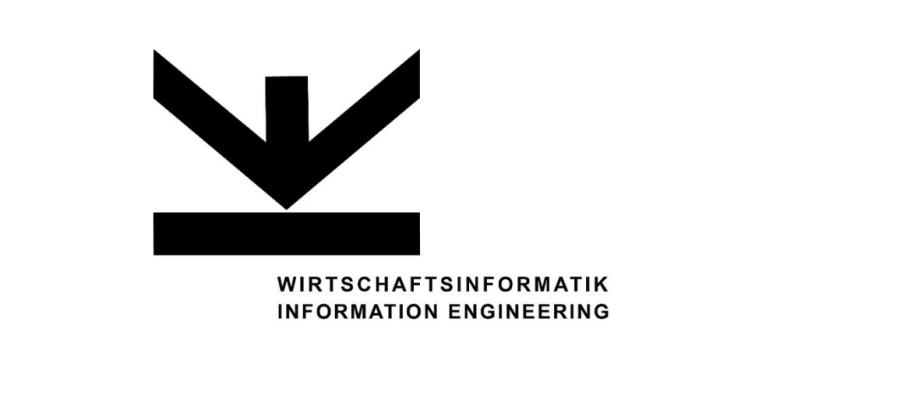The tool to identify strengths and potential for improvement and improve your business success.
Managers often use purely financial figures to manage the company. Corporate management is therefore seen as an "internal matter for the manager". But financial figures alone are only the result of all actions and decisions. The EFQM model brings structure to the organization and is intended to provide a holistic view of it. This provides managers with important information on the relationships between cause and effect in entrepreneurial activities.
EFQM stands for "European Foundation for Quality Management" and plays a leading role in the development of the EFQM Excellence Model. It is a model designed to provide a holistic view of the organization. This is a self-assessment system that allows the respective company to evaluate itself on the basis of 9 criteria.
These criteria are divided into the five enabler or prerequisite criteria:
- Guidance
- Strategy
- Employees
- Partnership and resources
- Processes, products and services
and the four result criteria:
- Customer-related results
- Employee-related results
- Society-related results
- Key results
The enabler criteria and the result criteria are placed on the same level and are considered equivalent. Each of the features is described by a series of best practice statements. An objective self-assessment is used to determine the percentage of the content of a statement that is achieved. Points are awarded for this. The results of this self-assessment can be compared with those of other organizations. The maximum of 1000 points (500 points for enablers and 500 points for results) represents the ideal company and thus "business excellence".
Combination of the EFQM model with Balanced Score Card

© EFQM 2012
The EFQM model complements other balanced models such as the Balanced ScoreCard (BSC) very well. Depending on the situation, it may even make sense to combine the strengths of both models and create an integrated model within the company.
The strength of the BSC is the allocation of strategic goals to the company divisions and breaking them down into individual strategic and operational projects and measures.
The BSC is therefore an ideal measuring and controlling instrument for the continuous improvement of the EFQM criteria.

BSC for process formulation to define and control the company's strategic objectives

Controlling the achievement of strategic goals by means of correctly defined key figures, target values and strategic and operational projects, decisions and measures.
Holistically integrated corporate management with TD Trusted Decisions and the EFQM model.
In order to integrate the EFQM model into corporate management, there are a few things to consider. It is necessary,
- to consider and optimize the criteria via a continuous improvement process (CIP).
- mission statement and strategy statements to the criteria of the model.
- Establish clear links between the strategic objectives in relation to the criteria, strategic measures, budget targets and operational measures.
- to define key figures that make the achievement of the criteria measurable.
- to set up a structured management and decision-making process that brings the development and controlling strategy, criteria and CIP into a meaningful whole.
- a BI system that provides the best possible overview of the "business excellence" level and the relevant decisions required for this.
Please feel free to contact us.
TD Trusted Decisions accompanies you in this optimal consideration in order to make the next good business decision. We use QlikView and Qlik Sense as reference platforms. However, a holistic system can also be created using other existing BI platforms.
By investing in just a one-day workshop, you can develop the solution architecture with us, including Developing organization, processes and IT systems - for the start of integrated corporate management "powered by TD".




































